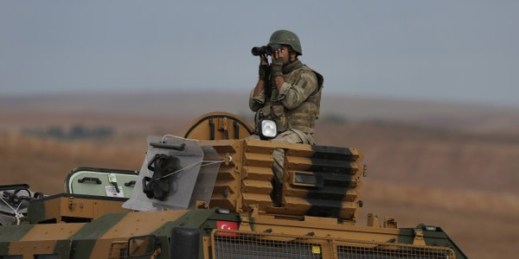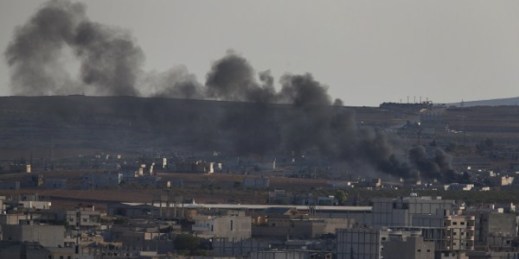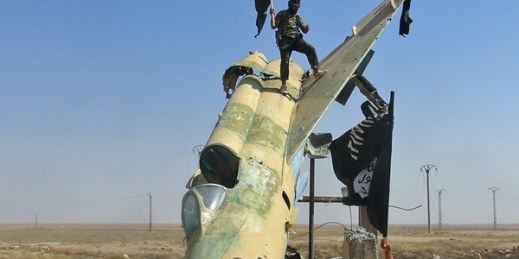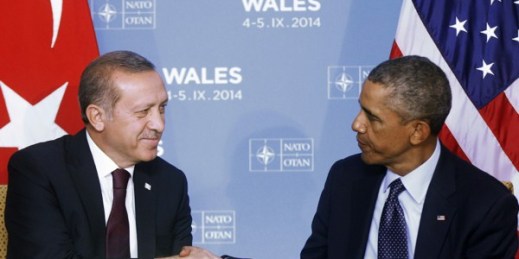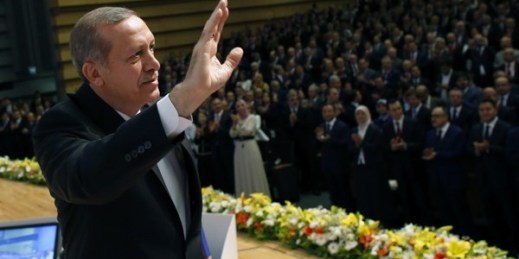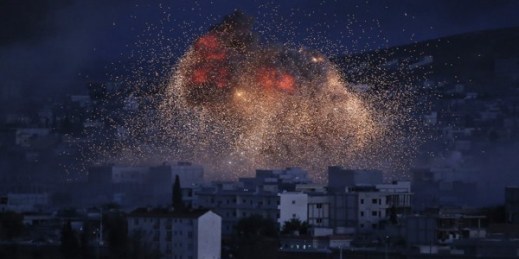
While the world watches the battle over the Syrian border town of Kobani in light of Turkish tensions with its Western partners in the fight against the so-called Islamic State (IS), there are significant Kurdish undercurrents that have largely escaped attention. Regardless of whether Kobani falls or Syria’s main Kurdish rebel group, the People’s Protection Unit (YPG), ultimately manages to hold the town, the resistance that Syria’s Kurds have put up for a month now against vastly superior IS forces has already become “a defining moment for nationhood and identity”for Kurds everywhere—a kind of Kurdish Alamo. As Kobani’s YPG fighters […]

